Indie Authors - Today's Illegitimage Children of the Publishing World
INDIE AUTHORS – TODAY’S ILLEGITIMATE CHILDREN OF THE
PUBLISHING WORLD
By Marta Tandori
Well
into the last century, there was a certain stigma attached to being born
illegitimate, supported in no small part by the insensitive moniker of
“bastard”. Fast forward to today’s world
of publishing and we, the indie authors, have become the illegitimate bastard
children seemingly no one’s proud to acknowledge, if we believe anything Dr.
Jim Taylor has to say in his article, “Are
Self-Published Authors Really Authors or Even Published?”, which appeared
in The Huffington Post on September
30, 2013.
The
following is an excerpt from Dr. Taylor’s article:
At the same time,
the self-publishing industry has allowed anyone with a computer and a small
amount of money to call themselves authors.
Not long ago, I read a fascinating article in the New York Times (unfortunately, I haven’t been able to find it when
I did an Internet search) that questioned whether self-published authors should
be called published authors. Rather, the
article suggests, they are book writers who have their books printed. There is, I believe a significant difference
between authors published by traditional houses and self-published books in
that the latter lack the processes that we can count on to ensure a minimal
level of quality, both of content and style …And
self-published book writers seem to know too.
Whenever I meet someone who tells me they are an author, I always ask
who their publisher is. If they hem and
haw, I know they self-published because they also know that their state of
authorhood lacks a certain legitimacy that comes from having a traditionally
published book.
While
Dr. Taylor’s article does touch upon
a few self-published authors like Amanda Hocking and E.L. James, both of who
have achieved phenomenal success as indie authors, he then states that they’ve
gone on to sign contracts from established publishers. Reading between the lines, his comment suggests that in signing these
contracts, their “authorhood” presumably attained that certain legitimacy that had thus far eluded
them.
It
seems that the author of that piece sorely neglected to consider that segment
of the indie author population who aren’t the break-out superstars, but rather
the mid-listers and below mid-listers dedicated to their craft, dedicated to
increasing their presence as authors, dedicated to building a loyal readership
by publishing good-quality books; those indie authors that are proud to be
authors – and are reaping the rewards
of their considerable efforts, both in sales and in loyal followers.
Do these authors
feel, in their state of “authorhood” that they lack a certain legitimacy that
can only come from having a traditionally-published book? I wonder if signing a contract gave Amanda
Hocking, who had sold more than 1.5
million copies of her self-published books, a certain legitimacy when her first traditionally-published book came out? Does
signing on the dotted line of a contract lift the alleged stigma of
illegitimacy?
Let’s examine it
from another perspective. Does it matter
to a reader that the book he or she has chosen is by an indie author or a “legitimate” author? Will that reader engage in the story any
differently?
Weigh in,
everyone. Let’s hear your views…
AUTHOR
BIO
By the time
Marta Tandori reached fifth grade, she was an avid reader and writer with a
stack of short stories collecting dust in a box under her bed but it wasn’t
until she began studying acting in her early twenties at the prestigious
American Academy of Dramatic Arts in New York that Marta realized acting wasn’t
really her passion – writing fiction was. What followed was years of writing
workshops as well as correspondence courses in writing for children through the
Institute of Children’s Literature in Connecticut. She credits the award
winning author, Troon Harrison, as the instructor who helped her find her
literary voice. Marta’s first work of juvenile fiction, BEING SAM, NO MATTER WHAT was
published in 2005, followed by EVERY WHICH WAY BUT KUKU! in 2006. With her more
recent endeavors, Marta has shifted her writing focus to “women’s suspense”, a
genre she fondly describes as having “strong female protagonists with closets
full of nasty skeletons and the odd murder or two to complicate their already
complicated lives”. To learn more about Marta, visit her website at www.martatandori.com.


















































































































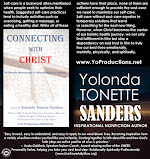


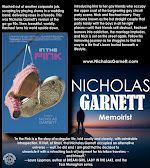


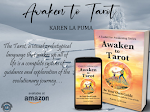
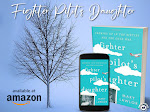





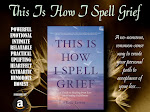
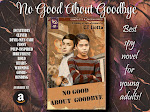


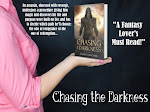
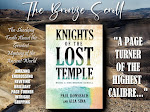



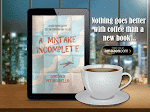

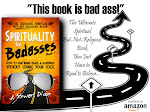

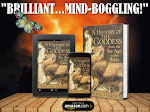

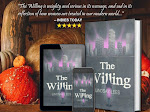
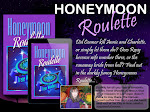
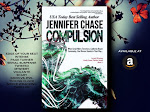
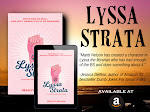
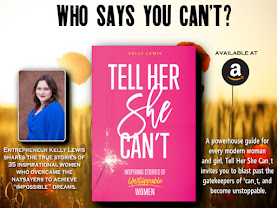














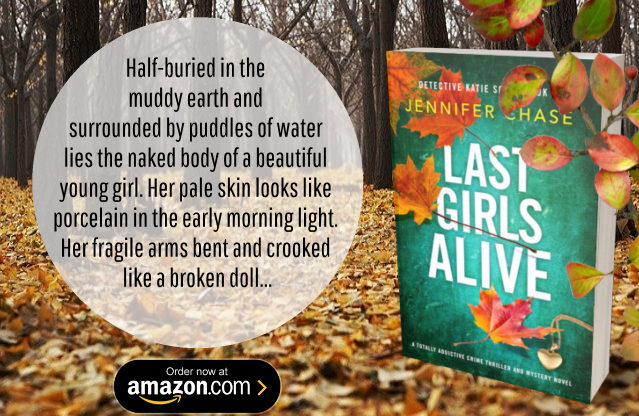
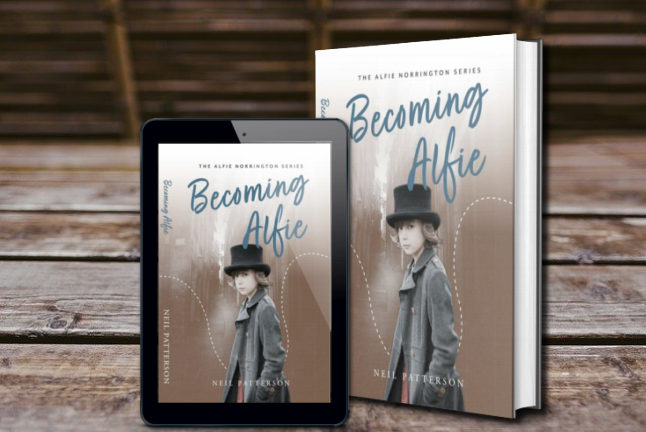
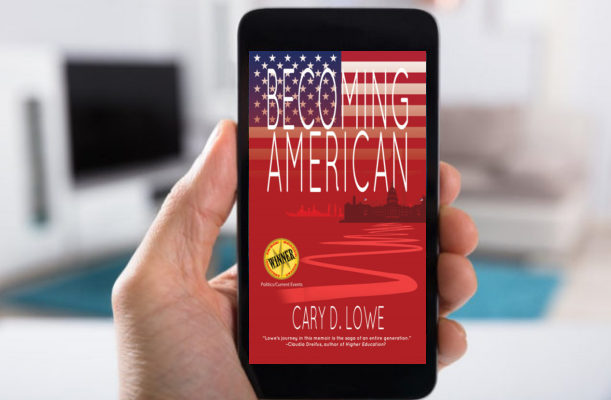


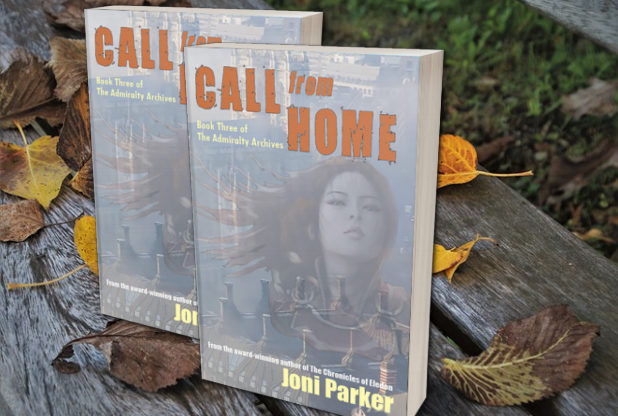
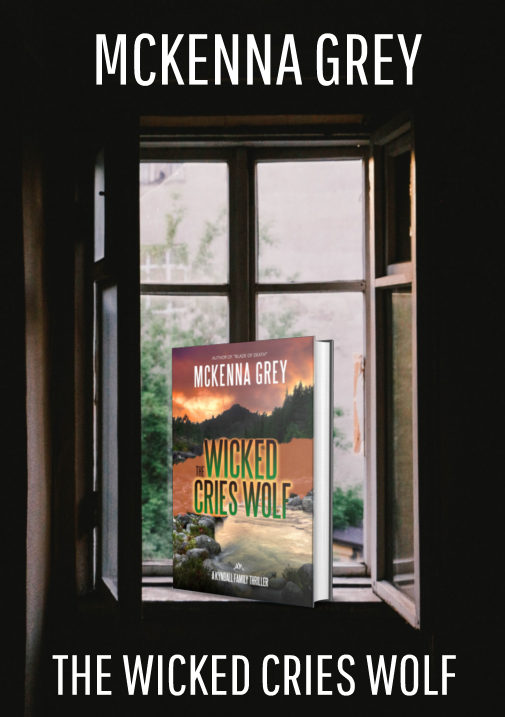


Leave a Comment